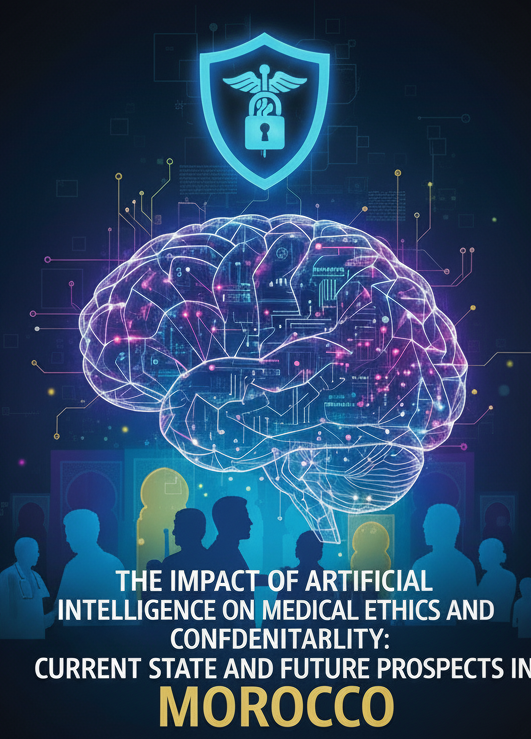The Impact of Artificial Intelligence on Medical Ethics and Confidentiality: Current State and Future Prospects in Morocco

The Impact of Artificial Intelligence on Medical Ethics and Confidentiality Current State and Future Prospects in Morocco
The integration of Artificial Intelligence (AI) into healthcare systems introduces substantial ethical, legal, and data governance challenges, particularly in relation to medical confidentiality and the protection of personal health information. While AI offers considerable benefits in diagnostics, personalized care, and predictive modeling, it raises significant concerns regarding algorithmic transparency, informed consent, data privacy, and liability. This article presents a normative and comparative analysis of the regulatory landscape governing AI in healthcare, with a focus on Morocco. It evaluates the adequacy of Moroccan Law 09-08 in comparison to the European General Data Protection Regulation (GDPR) and the United States’ Health Insurance Portability and Accountability Act (HIPAA).
The study identifies critical gaps in Morocco’s current legal framework, including the absence of AI-specific provisions, limited safeguards for automated decision-making, and weak institutional enforcement. It proposes legal and policy reforms such as revising Law 09-08, adopting a sector specific AI law for healthcare, enhancing the capacity of the national data protection authority (CNDP), and promoting ethical training for healthcare professionals and developers.
Rather than impeding innovation, ethical regulation is framed as a necessary condition for building trustworthy, accountable, and equitable AI systems. By drawing from international best practices while adapting to national realities, Morocco has the potential to become a leader in responsible AI governance in healthcare.


